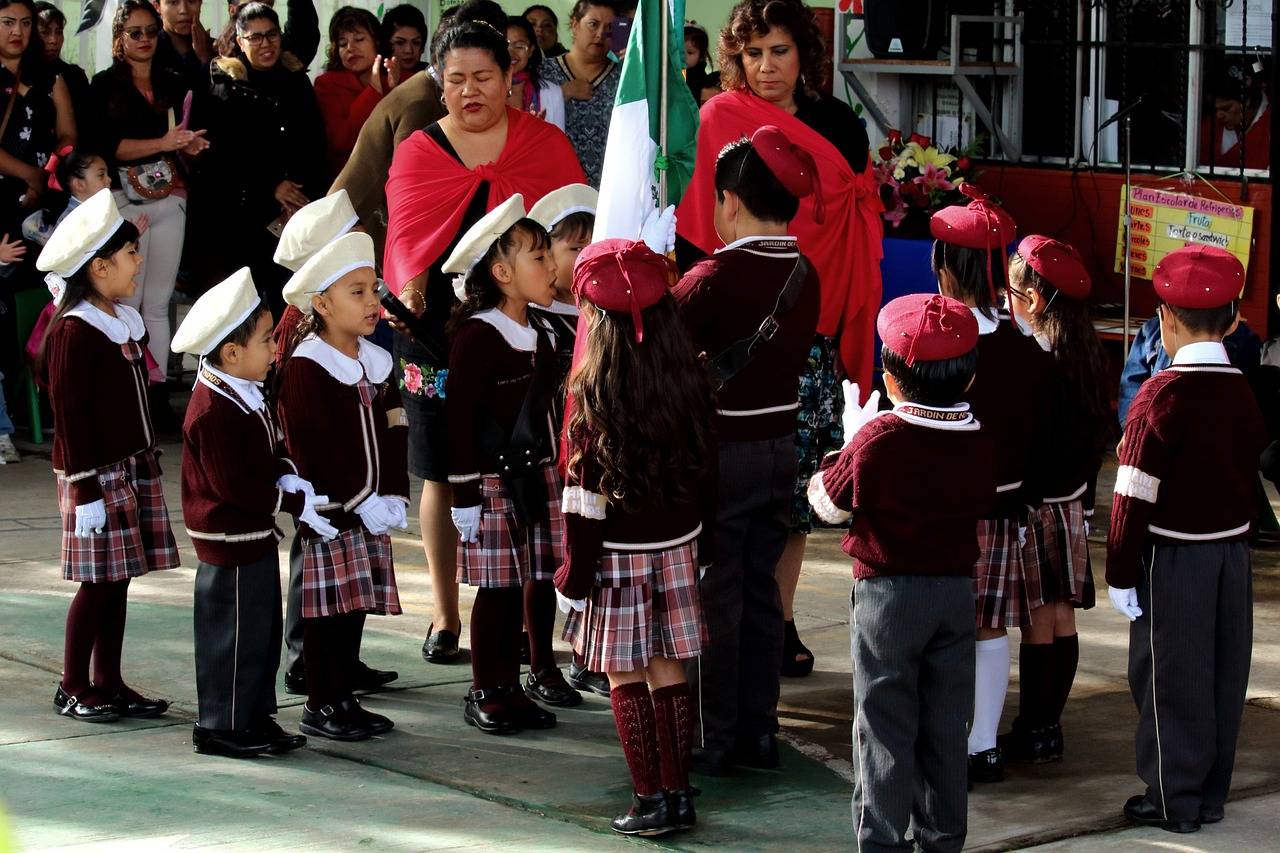The Influence of Cultural Competence in Global Education
Global education encompasses a wide range of principles that aim to foster interconnectedness and understanding between people of various cultures around the world. It emphasizes the importance of promoting cultural awareness, respect, and empathy among individuals from diverse backgrounds. Key concepts in global education include intercultural competence, which involves the ability to effectively communicate and collaborate with individuals of different cultural backgrounds, as well as the development of a global mindset that prioritizes cross-cultural understanding and cooperation.
Moreover, global education highlights the significance of promoting social justice, equity, and sustainability on a global scale. It encourages individuals to engage critically with global issues, such as poverty, environmental degradation, and human rights abuses, in order to work towards creating a more just and sustainable world for all. By integrating these key concepts into educational curricula and programs, global education helps prepare individuals to navigate an increasingly interconnected and multicultural world, fostering tolerance, respect, and a sense of shared humanity among people from diverse backgrounds.
Understanding Cultural Differences
Cultural differences play a significant role in shaping our perceptions, beliefs, and behaviors. As individuals from diverse backgrounds interact in today’s globalized world, it is essential to recognize and respect the unique customs, traditions, and values that each culture embodies. By acknowledging and embracing these differences, we can foster mutual understanding and build stronger relationships across borders.
Moreover, understanding cultural differences helps to avoid misunderstandings and conflicts that may arise due to varying norms and practices. By being open-minded and willing to learn about different cultures, we can promote inclusivity and create a more harmonious environment for collaboration and communication. Embracing cultural diversity not only enriches our own perspectives but also contributes to a more tolerant and interconnected global community.
Impacts of Cultural Competence
Cultural competence plays a pivotal role in fostering positive relationships across diverse communities. It enables individuals to be more attuned to the customs, beliefs, and values of different cultural groups, thus promoting mutual understanding and respect. This heightened awareness of cultural differences helps to mitigate misunderstandings and conflicts that can arise due to varying perspectives and interpretations.
By embracing cultural competence, individuals and organizations can create inclusive environments where everyone feels valued and respected. This leads to improved collaboration and communication among team members from different cultural backgrounds, enhancing overall productivity and creativity. Moreover, cultural competence promotes empathy and open-mindedness, paving the way for meaningful cross-cultural exchanges and partnerships that can enrich personal and professional experiences.





